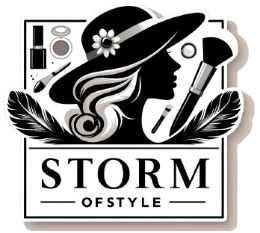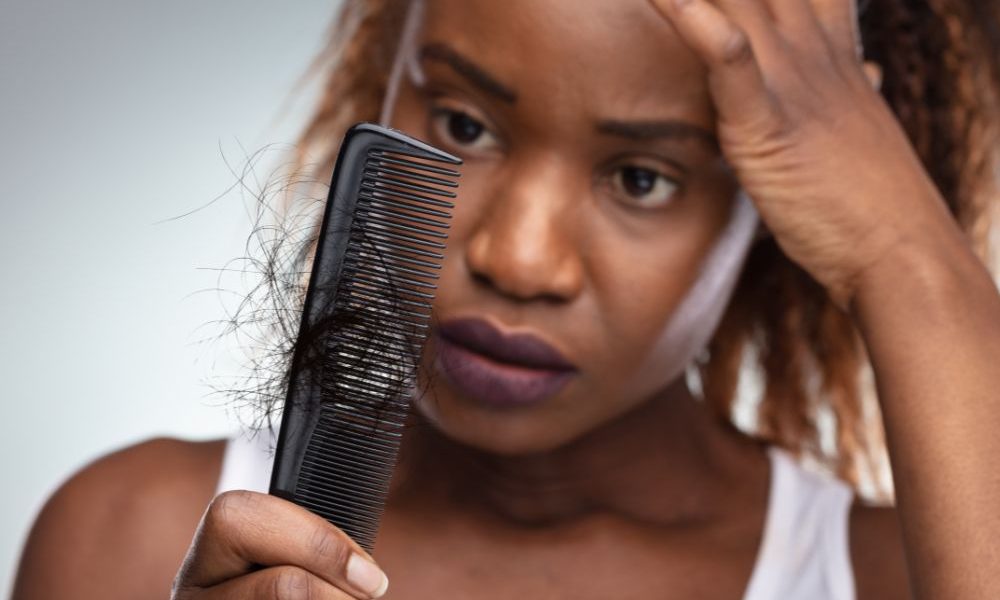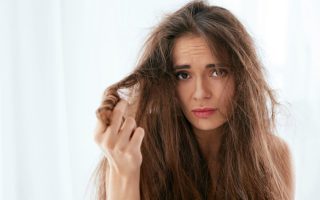Hair loss is a journey no one wants to take, but many of us find ourselves on it anyway. My journey with hair loss has been filled with trials, errors, and valuable lessons. I’ve tried countless remedies—some worked wonders, while others were a complete waste of time and money. Here’s my personal account of what worked for me and what didn’t, along with expert insights to guide you through your own hair loss journey.
Understanding Hair Loss
Before diving into the remedies, it’s crucial to understand the underlying causes of hair loss. Hair loss can be triggered by various factors, including genetics, hormonal changes, stress, poor nutrition, and certain medical conditions. Consulting a healthcare professional is essential to determine the root cause of your hair loss.
Dr. Paradi Mirmirani, a dermatologist at Kaiser Permanente, emphasizes, “There are many myths and misconceptions about hair loss remedies. I’ve seen patients waste time and money on unproven treatments. It’s important to consult a dermatologist to get an accurate diagnosis and discuss evidence-based solutions” (Kaiser Permanente).
What Worked for Me
1. A Balanced Diet
One of the most impactful changes I made was to my diet. Hair health starts from within, and a balanced diet rich in essential nutrients is key to promoting hair growth.
Anabel Kingsley, a trichologist and brand president at Philip Kingsley, advises, “Hair health starts from within. A balanced diet rich in protein, iron, and vitamins is essential for hair growth. Supplements can be helpful, but they should be taken under the guidance of a healthcare professional” (Philip Kingsley).
Personal Anecdote: I began incorporating more leafy greens, lean proteins, nuts, and seeds into my meals. Within a few months, I noticed my hair feeling stronger and shedding less.
2. Scalp Care
Maintaining a healthy scalp is crucial for hair growth. I started using a gentle scalp scrub once a week to remove buildup and improve circulation.
Dr. Dominic Burg, a trichologist at New Hair Institute, suggests, “Scalp health is paramount. Incorporate regular scalp massages to boost circulation, exfoliate to remove buildup, and use a targeted serum to address specific concerns like dryness or dandruff” (The New Hair Institute).
Personal Anecdote: Scalp massages became a relaxing part of my routine. Not only did it feel great, but it also made a noticeable difference in the health of my scalp and hair.
3. Stress Management
Stress can significantly impact hair health. Finding effective ways to manage stress was a game-changer for me.
Dr. Susan Massick, a dermatologist at The Ohio State University Wexner Medical Center, states, “Stress can be a major contributor to hair loss. Finding healthy ways to manage stress, such as exercise, meditation, or spending time in nature, can have a positive impact on your hair health” (The Ohio State University Wexner Medical Center).
Personal Anecdote: I took up yoga and meditation, which helped me relax and reduce stress levels. As my stress decreased, so did my hair shedding.
4. Consistent Hair Care Routine
Consistency is key when it comes to hair care. I established a routine that included gentle cleansing, conditioning, and regular trims.
Dr. Wilma Bergfeld, a dermatologist at Cleveland Clinic, advises, “Be wary of hair products that promise overnight miracles. Hair growth takes time and patience. Stick to a consistent hair care routine and use products that are formulated for your specific hair type and concerns” (Cleveland Clinic).
Personal Anecdote: Sticking to a routine helped me manage my expectations and see gradual improvements in my hair health.
5. Herbal Supplements
I explored herbal supplements, which can offer benefits for hair growth. According to a study in the Journal of Alternative and Complementary Medicine (2021), certain herbs like saw palmetto and ginseng have shown potential in promoting hair growth.
Personal Anecdote: I started taking a herbal supplement that included saw palmetto and biotin. After several months, I noticed a reduction in hair shedding and an improvement in hair thickness.
What Was a Waste of Time
1. Miracle Hair Growth Products
I fell for the hype of many “miracle” hair growth products that promised overnight results. These products often contained harsh chemicals and didn’t deliver on their promises.
Personal Anecdote: I spent a small fortune on various serums and sprays that did nothing but irritate my scalp. Lesson learned: if it sounds too good to be true, it probably is.
2. Over-the-Counter Hair Loss Treatments
While some over-the-counter treatments can be effective, many did not work for me. They often came with side effects and minimal results.
Personal Anecdote: Minoxidil was one such treatment that caused more scalp irritation than hair growth. It’s important to consult with a dermatologist before trying these products.
3. DIY Hair Masks
DIY hair masks made from kitchen ingredients were fun to try, but they didn’t have lasting effects on my hair health.
Personal Anecdote: I tried everything from avocado to egg yolks, but these masks only provided temporary softness. They didn’t address the root cause of my hair loss.
4. Frequent Heat Styling
I used to rely heavily on heat styling tools, thinking they would make my hair look better. In reality, they caused more damage and breakage.
Personal Anecdote: Once I cut back on heat styling and started air-drying my hair, I noticed a significant reduction in frizz and breakage.
Unique Studies on Hair Loss
1. The Role of Protein in Hair Damage and Repair
A study in the International Journal of Trichology (2019) delves into the science of hair damage, specifically focusing on the role of protein in maintaining hair strength and integrity. Protein treatments can help repair damaged hair and prevent further breakage.
Personal Anecdote: I incorporated a weekly protein treatment into my routine, which helped strengthen my hair and reduce breakage.
2. The Impact of Stress on Hair Growth and Cycling
The study “The Impact of Stress on Hair Growth and Cycling” (Dermato-Endocrinology, 2017) found that chronic stress can disrupt the normal hair growth cycle and trigger excessive hair shedding. This highlights the importance of stress management in preventing and treating hair loss.
Personal Anecdote: Understanding the link between stress and hair loss motivated me to prioritize self-care and stress reduction techniques, which ultimately improved my hair health.
Final Thoughts
Hair loss can be a frustrating and emotional journey, but finding what works for you and being patient with the process is key. Not every solution will work for everyone, so it’s important to consult with professionals and explore different options.
My journey with hair loss taught me to listen to my body and be patient with the process. While it took time to find the right routine, the results were worth it.
This manifesto is not just about fighting frizz but about embracing and managing it. With the right mindset, products, and techniques, you can transform your hair care routine and achieve the healthy, beautiful hair you’ve always wanted.
Embracing these tips transformed my relationship with my hair. I no longer see frizz as an enemy but as a challenge that I can manage with the right approach. My hair is healthier, smoother, and more manageable than ever before.




